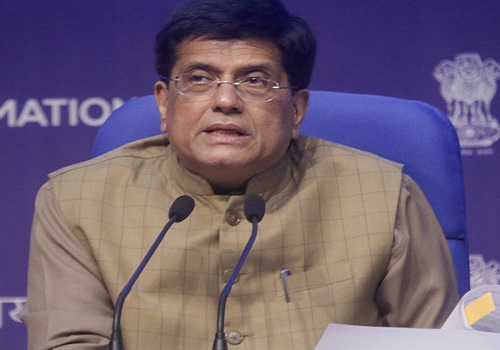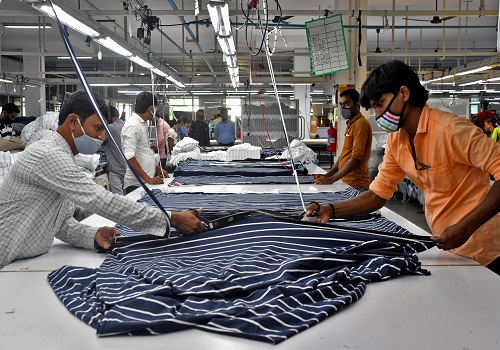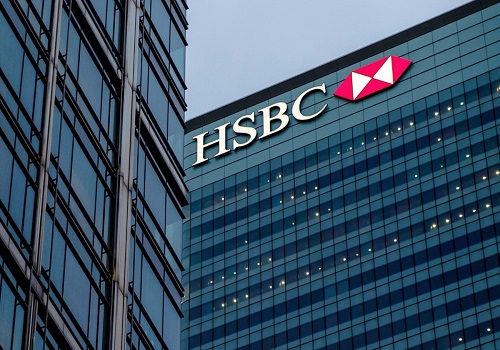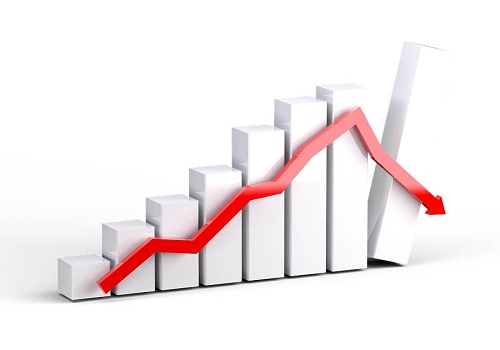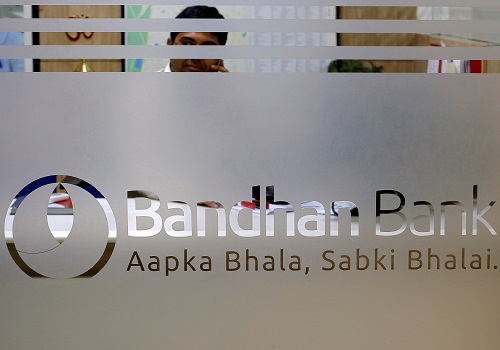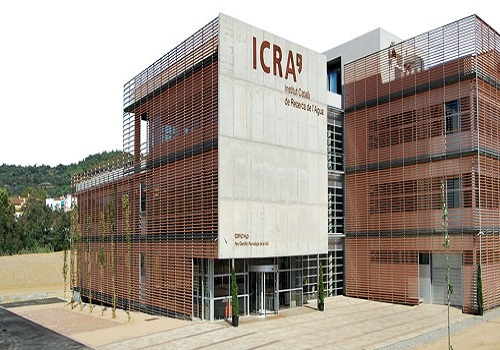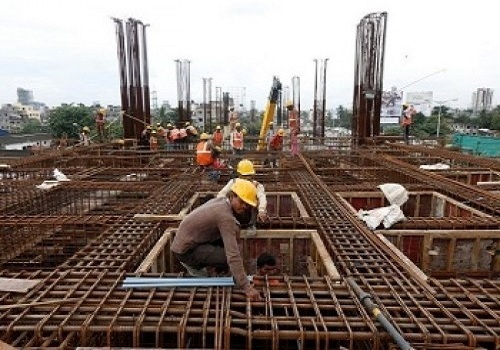Crisil revises down India growth projections for current fiscal

Follow us Now on Telegram ! Get daily 10 - 12 important updates on Business, Finance and Investment. Join our Telegram Channel
With the ripple effect of slowdown in global growth and mixed crop output, rating agency Crisil has revised down India growth projections for the current fiscal. The agency has downgraded the India growth forecast by 30 bps to 7 per cent for fiscal 2023 from 7.3 per cent primarily because of the slowdown in global growth that has started to impact our exports and industrial activity. It added that this will test the resilience of domestic demand.
Crisil chief economist Dharmakirti Joshi said he is paring growth forecast only by 30 bps as domestic demand still remains supportive, helped by a catch-up in contact-based services, government capex, relatively accommodative financial conditions, and overall normal monsoons for the fourth time in a row. But Joshi warned that the ripple effect of the global slowdown will be felt more next fiscal, which will put domestic demand under pressure as interest rate hikes get transmitted more to consumers, and the catch-up in contact-based services fades.
He further said ‘Consequently, we expect GDP growth to slow to 6 per cent in fiscal 2024, down from 6.5 per cent estimated previously, with more downside risks to the revised forecast’. Despite the markdown in near-term growth, the country is expected to remain a growth outperformer over the medium-run, he said, and expects GDP growth to average 6.6 per cent between fiscals 2024 and 2026, compared to the 3.1 per cent global growth forecast by the International Monetary Fund. He also sees the country outgrowing her emerging market peers such as China (4.5 per cent growth estimated for 2023-25), Indonesia (5.2 per cent), Turkey (3 per cent) and Brazil (1.6 per cent).
Joshi sees stronger domestic demand (private consumption constitutes as much as 57 per cent of GDP) driving growth premium over peers in the medium-term on the back of optimistic investment prospects given the government's capex push, the progress of production-linked incentive scheme, healthier corporate balance sheets, and a well-capitalised banks with low NPAs. The country is also likely to benefit from China-plus-one policy as global supply chains get reconfigured with shifting focus from efficiency towards resilience and friend shoring.


.jpg)
